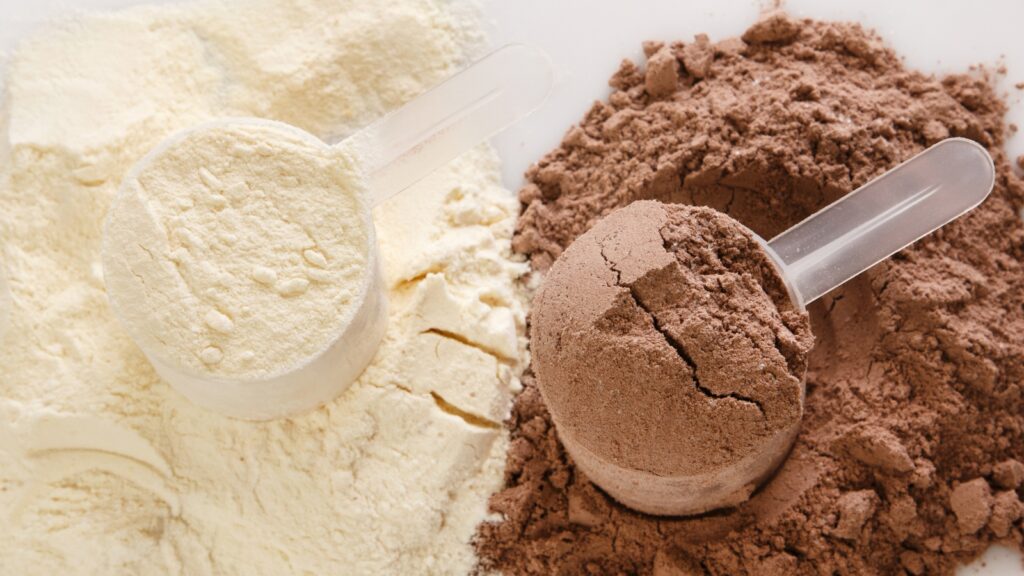iStockphoto / Jun
Protein powder is a must for anyone getting serious about building muscle or maintaining muscle as the amino acids provided by protein powder are crucial to repairing micro muscle tears after lifting weights. Daily intake of protein powder also aids in muscle growth, weight management, and can supercharge fitness goals.
This morning as I was drinking my morning protein shake (this is a true story), I came across an article on CNN about how harmful substances like lead and cadmium were found in protein powders in a new study that was just published by the Clean Label Project. There is no amount of lead which is safe for human consumption so it is quite alarming that lead is found in these powders which an estimated 2-in-5 Americans drink regularly.
For this study, the Clean Label Project tested 160 products from 70 of the top-selling protein powder brands. Their sample size represented 83% of the protein market. For anyone who takes their health seriously, their find were disturbing.
Of the protein powder samples tested, 47% of them exceeded the safety threshold for toxic metals set forth by California’s Proposition 65. 47!! Within the samples tested, there were clear trends of which were most likely to contain harmful substances.
Which Protein Powders Should You Avoid
As I was sipping my chocolate protein + frozen berry shake this morning after the gym and reading through the study, I wasn’t thrilled to read that “chocolate-flavored powders contained four times more lead than vanilla.”
The study also found “plant-based protein powders were particularly concerning, showing three times more lead than whey-based alternatives.” Among the plant-based powders tested, 77% of the samples contained lead levels unsafe by Prop 65 standards and 79% of the organic powders tested exceeded the Prop 65 standards for lead.
A whopping 21% of the powders tested contained more than double the maximum amount allowed by Prop 65. 28% of whey proteins contained harmful amounts of lead, and 65% of chocolate-flavored powders contained harmful amounts of lead.
The Clean Label Project did name names when it came to safe powders. They certified these brands as being safe and meeting recommended health standards, so if you are in the market for a safe and effective protein powder then this is a great place to start: Genetic Nutrition, Ritual, Oziva, Puori, Wellbeing Nutrition, Wicked Protein, Nutrabox, and Gorilla Formula 23.
The main takeaways: avoid chocolate-flavoring, don’t buy organic, and use whey protein over plant-based.
To read the full study, be sure to scroll back up in this article and click the link in the second paragraph!

